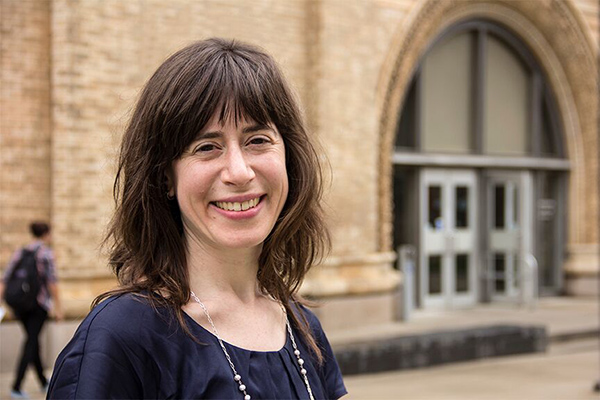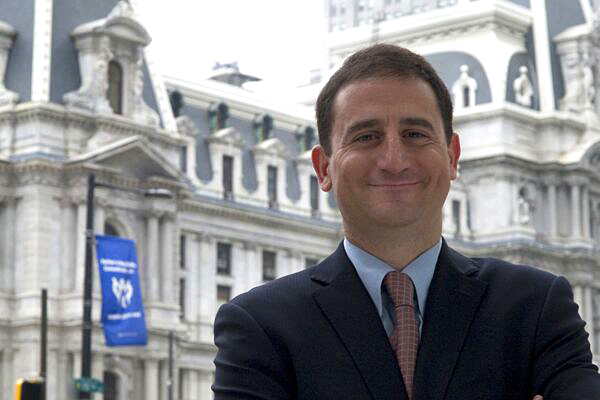Investigating the Ethics of Autism Research
By Kylie Gray
November 8, 2017
Autism spectrum disorder is a complex issue historically, culturally and scientifically. The broad definition of autism — which encompasses a range of symptoms related to communication, social responsiveness and behavior — raises unique challenges for scientists, many of whom may not have the tools to anticipate the ethical implications of their research.
 Chloe Silverman, PhD
Chloe Silverman, PhD
With a grant from the National Science Foundation, Drexel University researchers Chloe Silverman, PhD, and Michael Yudell, PhD, MPH, will spend the next three years addressing “Ethical Autism Research Cultures and Community Engagement.” In particular, they’ll be examining the extent to which research design takes into account the values of autism stakeholders — parents, educators, caretakers and people with autism — with the goal of establishing best practices for ethical autism research.
Silverman says that many members of autism stakeholder communities are avid consumers of autism research, but each approaches the material with their own views, concerns and goals.
“Most researchers working on autism are aware that parents and self-advocates with autism can be critical of research priorities and conduct,” says Silverman. “One thing that researchers are not sure of is how to accommodate those critiques while still maintaining scientific validity.”
 Michael Yudell, PhD, MPH
Michael Yudell, PhD, MPH
Yudell and Silverman are both faculty members in Drexel’s Center for Science, Technology and Society and have extensively studied autism — Silverman as an associate professor of politics, and Yudell as an associate professor and chair of community health and prevention in the Dornsife School of Public Health.
“One of the skills that people in science studies bring to the table is an ability to communicate with scientists, researchers and clinicians,” says Silverman. “Increasingly, science studies scholars are thinking about ways to collaborate with scientists.”
Silverman and Yudell’s ability to understand both the demands of clinical research and its broad societal implications is crucial to what is essentially a study of research itself.
“We are two historians and sociologists of science who are not traditional bioethicists,” says Yudell. “What gives us an entry into these discussions is that the history of autism is riddled with a lot of awfulness, including harm to children with autism and their families. Scientists today are sensitive to that past and want to do right by families and kids today.”
For the study, Yudell and Silverman will meet with an expert advisory board composed of researchers, people with autism and representatives of stakeholder groups. They will also interview stakeholders about their views on ethical issues in research.
The interviews will inform a survey that will go to about 300 autism researchers across the country with diverse backgrounds and research interests. Amy Carroll-Scott, PhD, MPH, assistant professor of community health and prevention at Drexel, will oversee the survey and divide its respondents into two categories — those who report using approaches to engage with autism stakeholder communities, and those who do not.
The Drexel team will then interview the researchers to delve deeper into their attitudes and beliefs toward autism research. Jeaná Morrison, a PhD student in the Drexel School of Education with expertise in qualitative research, will help code and compare the interviews between the two groups. The team will also look at the publications of a subset of researchers to compare their interview responses with their research methods, analyses and conclusions.
Ultimately, the study will examine if and how scientists’ engagement with autism stakeholder communities affects research outcomes. Silverman says it will widen a conversation that many scientists are already having on a smaller scale.
“In an ideal world, we’d be developing a toolkit for scientists to take the concerns, reservations, priorities and values of families and people with autism into account as they design their research,” Silverman says.
The study comes at a pivotal time, when headline-making autism research is closely linked with public opinion.
“We want our research to help scientists think about the ethical priorities of their work and how it impacts the community that they’ve chosen to dedicate their professional lives to,” Yudell says.